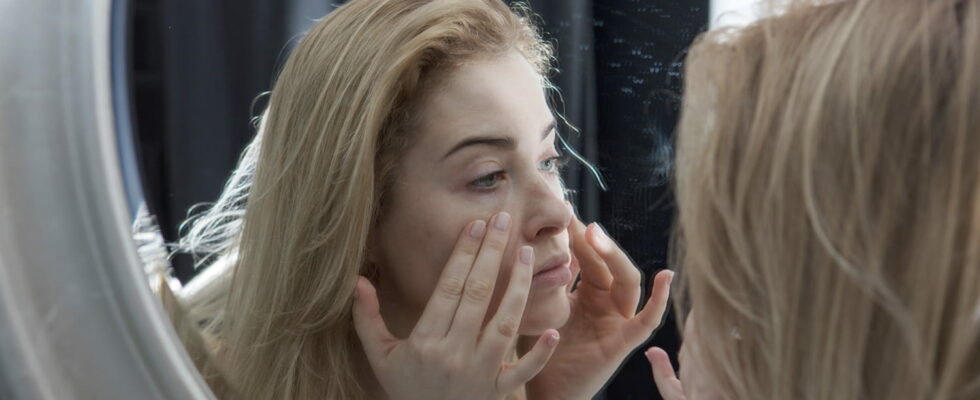A study explains that we often imagine ourselves more attractive than we really are.
Looking in the mirror is a daily ritual. This is what gives us an image of ourselves and what we look like every day. This is often the reference vision, compared to that of photos, for example. But is this true to reality? Not really, and it is not linked to distortion by mirrors, but to oneself and one’s vision of one’s own body.
In any case, this is what Nicholas Epley, professor of behavioral sciences at the University of Chicago, says. “The interesting thing is that people don’t really know what they look like. The image you have of yourself in your mind is not quite the same as what actually exists,” he assured The Atlantic. This observation comes from a study published in Sage Journalswith Erin Whitchurch of the University of Virginia. For this, the two researchers tested the extent to which participants recognized their real face. Their figures were made more or less attractive using morphing software, in increments of 10%.

The volunteers then had to define which image was the original between the identical one of their face, photos modified to be more attractive and others on the contrary become less rewarding. Although they had to identify the unmodified image, the majority tended to choose an improved version of their portrait.
Most have in fact opted for a face made 20% more attractive than it actually is. The people who were most likely to see themselves as more beautiful than they really are are also those who have the best self-confidence, the correlation study shows. The scientists explain in fact that this choice is not made consciously, but is rather linked to “implicit measures of self-esteem, but not to explicit measures, which is consistent with the fact that this variety of improvement is a relatively automatic rather than deliberative process. Without wanting to, it is therefore also a way to promote self-confidence.
The same observation was made when it came to the face of a friend, but not for that of a stranger. To an outsider, the guinea pigs managed to find the photo without artifice, thus demonstrating greater clairvoyance. “You are an expert on your own face, but that doesn’t mean you’re perfect at recognizing it,” said Epley.
